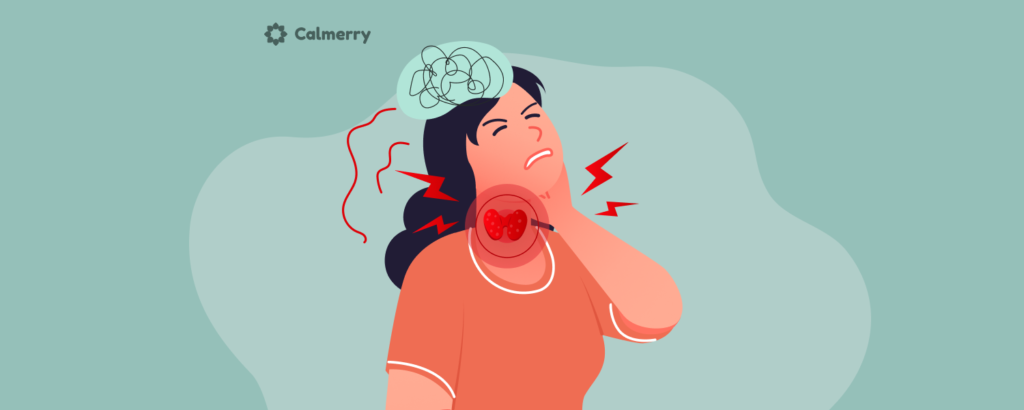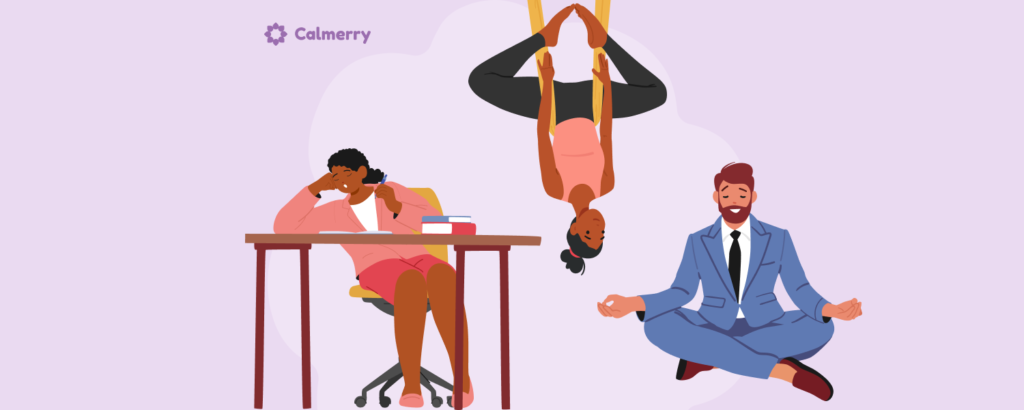
Understanding Anxiety Disorders: More Than Just Worry
Anxiety is the body’s natural response to stress, but when worry becomes excessive and begins to interfere with your daily life, you may be experiencing an anxiety disorder. People with anxiety disorders often face challenges that significantly impact their mental health and overall well-being.
Common Types of Anxiety Disorders
Mental health professionals recognize several types of anxiety:
Generalized Anxiety Disorder (GAD)
People with generalized anxiety disorder experience persistent and excessive worry about various aspects of life. This type of anxiety can make it difficult to focus on daily tasks and maintain relationships.
Social Anxiety Disorder
This condition involves intense fear of social situations and public speaking. People with social anxiety disorder may tremble or experience rapid heart rate in social settings, leading them to avoid interactions that could enrich their lives.
Panic Disorder
Characterized by unexpected panic attacks, this disorder can be particularly distressing. Many people with anxiety may also develop agoraphobia, avoiding places where they’ve previously experienced panic symptoms.
Understanding Anxiety Symptoms
Anxiety symptoms can manifest both physically and emotionally:
Physical Symptoms:
- Increased heart rate
- Rapid breathing
- Trembling or shaking
- Sweating
- Fatigue
- Sleep disturbances
Emotional and Cognitive Symptoms:
- Excessive worry
- Difficulty concentrating
- Irritability
- Restlessness
- Racing thoughts
- Fear of losing control
The Role of Medication
While therapy is often the primary treatment, some people may benefit from medication. A psychiatrist or physician may recommend:
- Antidepressants for long-term management
- Beta blockers for specific situations
- Short-term benzodiazepine use in certain cases
Practical Anxiety Management Strategies
Our therapists teach various techniques to help manage anxiety:
Relaxation Techniques
- Deep breathing exercises
- Progressive muscle relaxation
- Meditation practices
- Mindfulness techniques
Lifestyle Modifications
- Avoid caffeine and nicotine
- Maintain regular exercise
- Establish healthy sleep patterns
- Practice stress management
Building Long-term Resilience
- Develop new ways of thinking
- Create healthy boundaries
- Build support networks
- Enhance problem-solving skills




